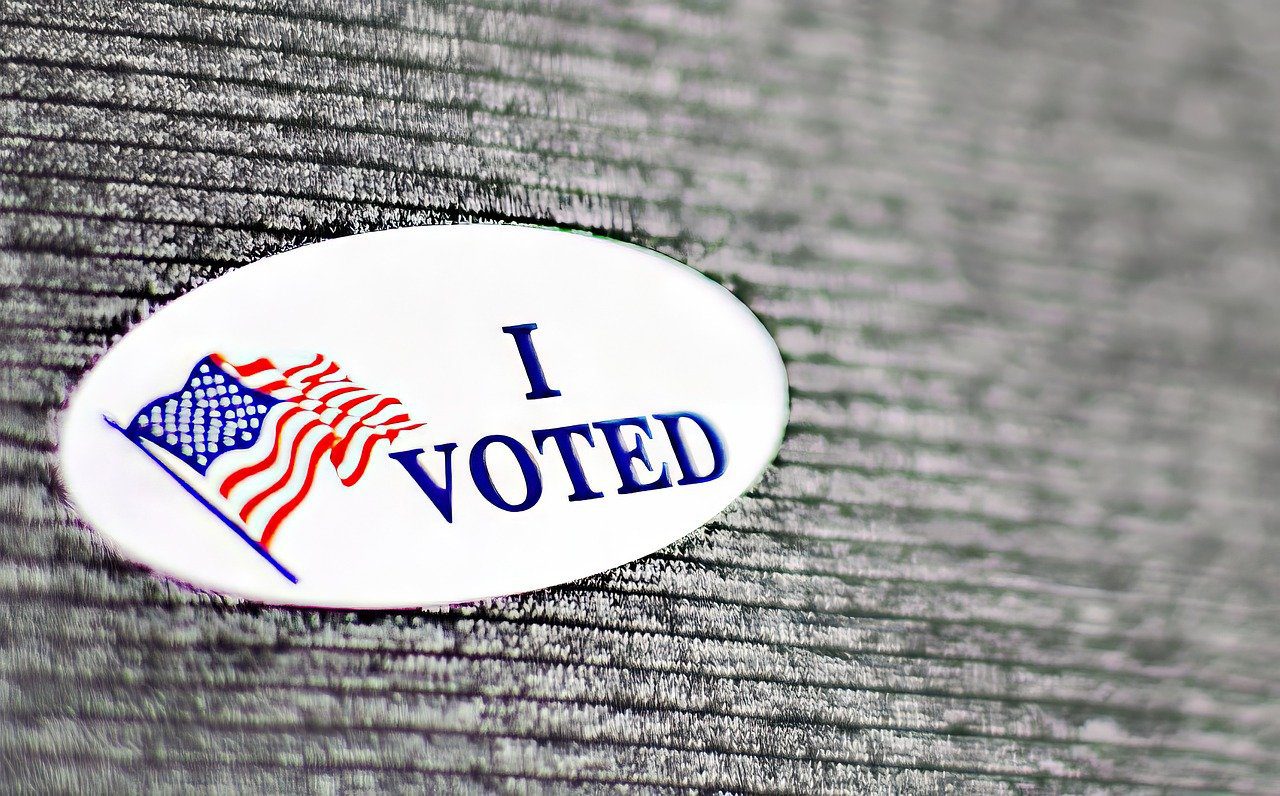
Slavery is on the ballot for voters in 5 US states
NASHVILLE, Tenn. (AP) — More than 150 years after slaves were freed in the U.S., voters in five states will soon decide whether to close loopholes that led to the proliferation of a different form of slavery — forced labor by people convicted of certain crimes.
None of the proposals would force immediate changes inside the states’ prisons, though they could lead to legal challenges related to how they use prison labor, a lasting imprint of slavery’s legacy on the entire United States.
The effort is part of a national push to amend the 13th Amendment to the U.S. Constitution that banned enslavement or involuntary servitude except as a form of criminal punishment. That exception has long permitted the exploitation of labor by convicted felons.
“The idea that you could ever finish the sentence ‘slavery’s okay when … ’ has to rip out your soul, and I think it’s what makes this a fight that ignores political lines and brings us together, because it feels so clear,” said Bianca Tylek, executive director of Worth Rises, a criminal justice advocacy group pushing to remove the amendment’s convict labor clause.
Nearly 20 states have constitutions that include language permitting slavery and involuntary servitude as criminal punishments. In 2018, Colorado was the first to remove the language from its founding frameworks by ballot measure, followed by Nebraska and Utah two years later.
This November, versions of the question go before voters in Alabama, Louisiana, Oregon, Tennessee and Vermont.
Sen. Raumesh Akbari, a Democrat from Memphis, was shocked when a fellow lawmaker told her about the slavery exception in the Tennessee Constitution and immediately began working to replace the language.
“When I found out that this exception existed, I thought, ‘We have got to fix this and we’ve got to fix this right away,’” she said. “Our constitution should reflect the values and the beliefs of our state.”
Constitutions require lengthy and technically tricky steps before they can be tweaked. Akbari first proposed changes in 2019; the GOP-dominant General Assembly then had to pass the changes by a majority vote in one two-year legislative period and then pass it again with at least two-thirds approval in the next. The amendment could then go on the ballot in the year of the next gubernatorial election.
